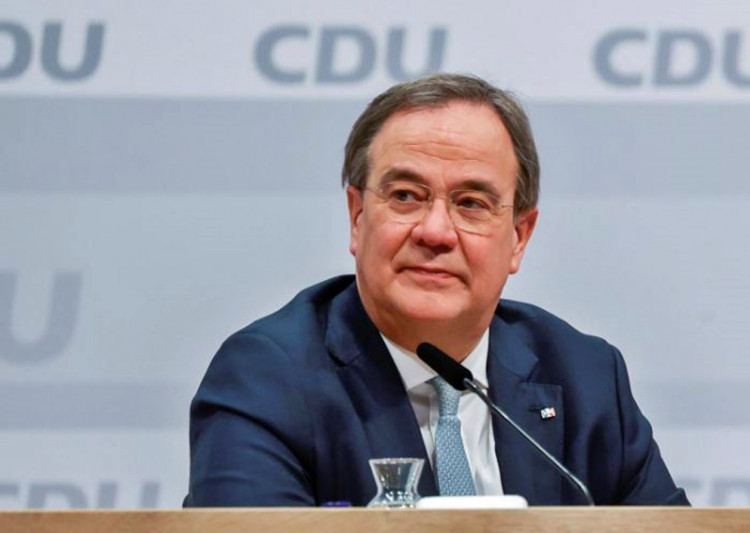The "next Angela Merkel" will be a man, and at this point in time, that man will likely be Armin Laschet. A staunch Merkel supporter, Laschet on Saturday was elected leader of Germany's ruling center-right Christian Democratic Union (CDU).
AS CDU's new boss, Laschet, the current Minister-president of the state of North Rhine-Westphalia, is the favorite -- but not the prohibitive favorite -- to succeed Angela Merkel as German Chancellor. "Die Mutti" (mother), as Merkel is affectionately called, ends her 16 years as Chancellor in September. Merkel is the longest-serving post-war German chancellor.
A general election will be held to choose Merkel's successor and likely pit Laschet against Markus Söder, the brash and overly ambitious Premier of Bavaria whose critics say has the makings of a Donald Trump. Söder is the leader of the Christian Social Union (CSU), the CDU-aligned Bavarian party.
Laschet will have his hands full should Söder decide to challenge him. Söder is more popular among German voters, and bookies say Söder will win against Laschet in September.
Laschet was elected in a runoff vote during the digital CDU conference. He bested arch-conservative Friedrich Merz, a lawyer who has never held elective office, 521 votes to 466.
In his victory speech, Laschet promised to do everything so the CDU will do well in two key regional elections in March and to keep the party's hold on the position of chancellor. A bad showing in the regionals will imperil Laschet's bid to become chancellor while strengthening Söder's hand.
"Further, more important elections are still ahead of us," he said.
Söder tweeted his congratulations, saying, "I'm looking forward to working together! Together we will continue the Union's success story."
Laschet, Merkel's long-time faithful supporter, has kept emphasizing the importance of CDU unity. He said the CDU doesn't need a CEO to run it but needs a team captain who will lead the way and keep the party together.
Laschet says he stands for "a level-headed approach and avoiding extremes." His politics "turns toward people and does not turn its back on them." He prefers societal cohesion and the social market economy.
An unabashed champion of European solidarity, Laschet emphasizes a clear focus on the European Union and the party's transatlantic orientation. He intends to push for more cooperation with the United States on climate and trade policy.
Laschet is pleased with the election to Joe Biden's presidency, and he called Biden's win a "victory for democracy." He has also long maintained close contact with France's political leadership, partly because he speaks fluent French and his wife is a French-speaking Walloon.
Laschet has been Germany's representative for Franco-German cultural relations for the past two years.
Laschet's ancestors are Walloons from Belgium. He is an ardent Roman Catholic, a trait he shares with Biden.






